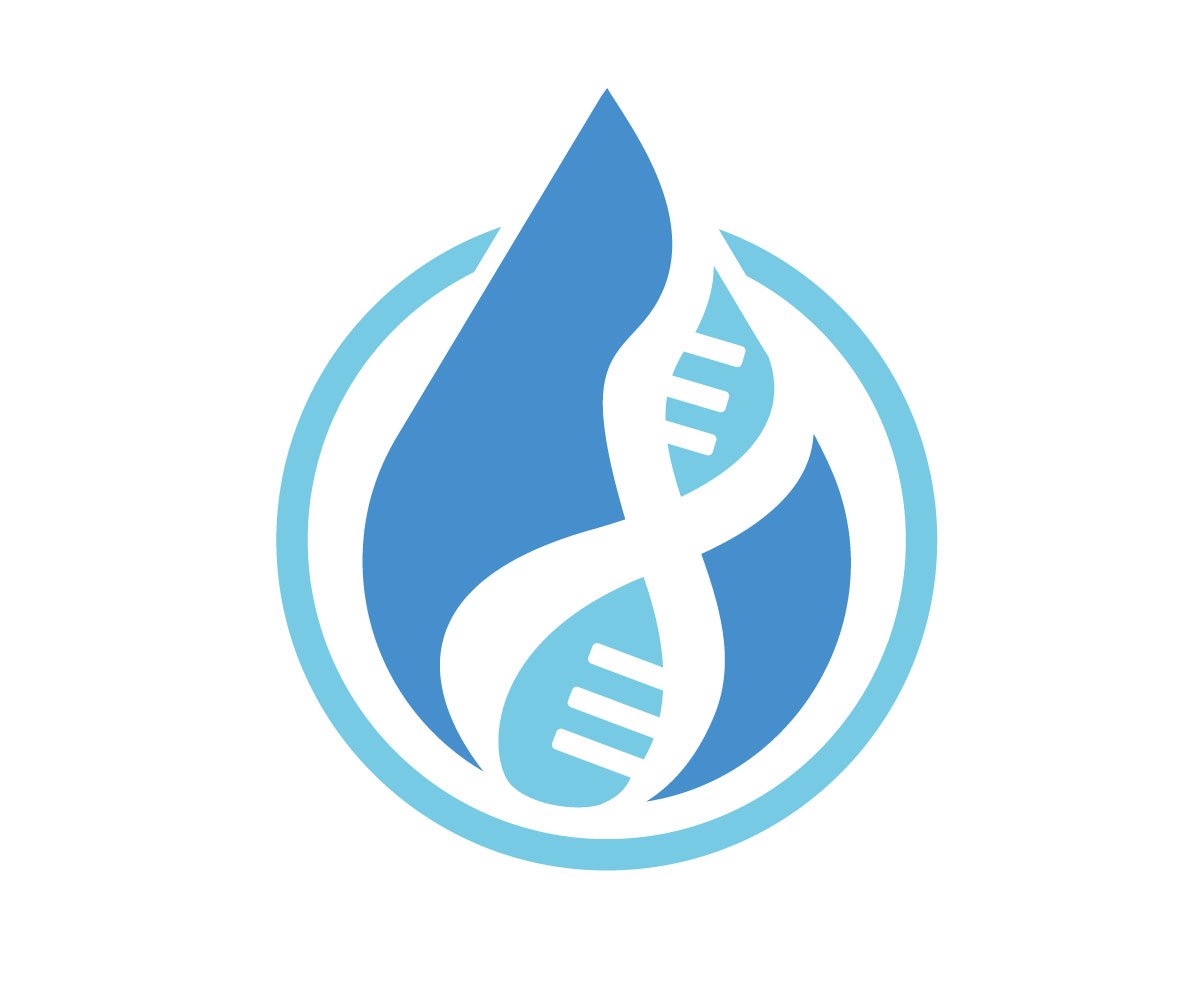Differences between third-party DNA reports and clinical genetics laboratory reports
This post assumes the reader already knows the meaning of certain terms like "raw file" and "third-party tool" and "VCF". Apologies to DNA newbie readers.
I’ve written more about Promethease in other blog posts as well as a section in my book The DNA Guide for Adoptees. I hope these resources help you understand the pros and cons of using a raw data file in your search for health information!
People are using third-party tools that give consumers information they interpret as health information on themselves.
What comes out of these third-party tools is not actually a genetic health report, but it kinda "looks" like one. The people who manage one such third-party tool, Promethease, have explained in places like the comments section on Judy Russell's blog that they try to help people understand what Promethease is and isn't. But based on the questions I have coming to me about this and other third-party tools on a regular basis, many people still have questions.
I'll keep on trying to help others understand what third-party tools can and can't tell them about potential health risks and will continue to point out the limitations of third-party tools. No matter how well curated the SNPedia database becomes (and there are many people admirably working toward this goal), it does not change the inherent limitations of the tool itself.
I acknowledge that people are going to use third-party tools no matter what an expert in genetic testing says. If you are going to do this, I support you and will offer guidance as best as I can.
But I would be remiss not to point out what an actual genetic health report from a clinical laboratory includes.
A genetic health report from a clinical laboratory includes information that genetics professionals can use to gauge the utility and validity of test results. In other words, the details on a clinical report help to answer questions like "Are the results accurate?" and "Are the results useful?" The type of info I'm talking about are things like testing methodology, for example. There are many different TYPES of genetic testing and different methods to test DNA, and none is anywhere near perfect yet.
I need details to put a genetic result in proper perspective, and a lone VCF file rarely gives me everything I need to assess the results. Clinical laboratory reports fit medical purposes better. These reports provide me with data such as whether confirmation studies were done on positively-identified genetic variants. Why does this matter? Because when you re-test a variant using the same or a different genetic testing method, sometimes a variant no longer shows up. If you repeat the entire test, something might show up that wasn't seen before.
That's right, genetic tests can be wrong! There I said it, and it didn't feel good, but it's true. Genetic tests can be wrong because going from a biological tissue to a computer file is a complicated process and failures can happen at many points along with way. Good news is that most of the time failures don't happen, and clinical laboratories have safeguards in place in case they do.
Clinical laboratories include info to allow genetics professionals to judge whether the lab is adhering to standards and guidelines to try to cut down on the inevitable errors and mistakes. By including CLIA and CAP certification numbers on a report, for example.
All of this data is important me. I know that when I hold a clinical report in my hand (or, in these in modern times, see it on a screen), that data has come from a place where I can call up and ask questions to laboratory scientists, research scientists, and genetic counselors. Questions like, "Were you able to find a lot of studies or database entries of this rare genetic variant found? If the studies had conflicting results, how did you decide which one to believe? What is your rate of false-positives?"
The details on a clinical report help me assess how well the DNA results have been analyzed, how confident I can be in telling someone they do or do not have a risk or a predisposition or a disease-causing genetic variant. Many people view certifications and regulations as roadblocks, hurdles, something to bypass or overcome. I view these things as necessary, important, and valuable.
A final note on raw data files at this time...
Raw data from an ancestry company (and raw data from a direct-to-consumer exome sequencing company for that matter) have not gone through quality checks. The data hasn't gone through confirmatory analysis. It's also representing just a smidgen of your entire DNA and only from one type of cell in your body - cells that slough off in your mouth. It's far from perfect, but this is where we are right now.
We'll get to that future of reliable genetic health information at low cost, eventually. But please don't expect that right now because we still have a lot of work to do to get there.

